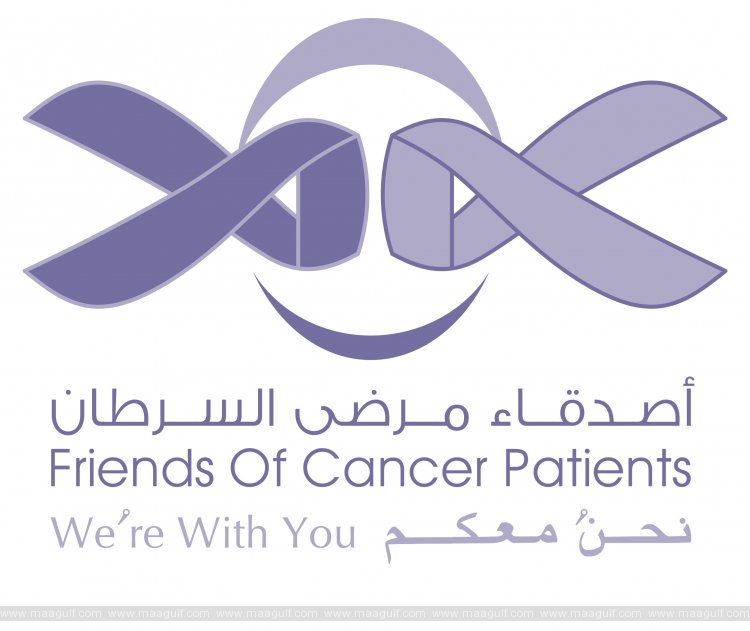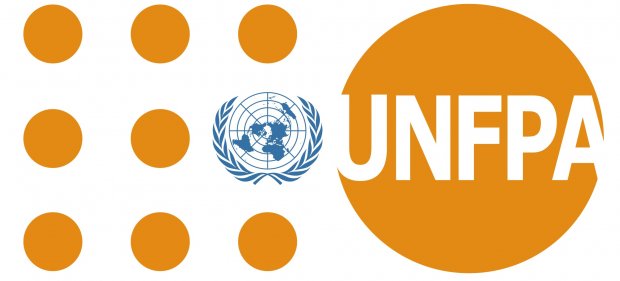2nd Sharjah Declaration on Cervical Cancer backs UN’s goal to end the cycle of cervical cancer deaths in a generation
- February 27, 2021
Sharjah:Government representatives, academia, international organisations, and civil society entities participating in the 2nd Regional Cervical Cancer Forum, have affirmed their commitment to improving access to screenings, vaccines and treatment for HPV and cervical cancer in the Arab region in line with the World Health Organisation (WHO)’s Global Strategy to Accelerate the Elimination of Cervical Cancer and the 2030 Agenda for Sustainable Development.

Collectively, they adopted the 2nd Sharjah Declaration on Cervical Cancer, which highlights advocating for regional and national cervical cancer strategies that align with global initiatives, and investing in better data collection for analysis and utilisation for evidence-based decision making, among other goals. The Sharjah Declaration is the culmination of key discussions and debates at the forum, which was held virtually by the Friends Of Cancer Patients (FOCP) from Sharjah on January 27-28 under the theme ‘Accelerating Action on HPV and Cervical Cancer’.
The forum was held under the patronage of Her Highness Sheikha Jawaher bint Mohammed Al Qasimi, wife of the Ruler of Sharjah, Founder and Royal Patron of FOCP, International Ambassador of the World Cancer Declaration for the Union for International Cancer Control (UICC), and International Ambassador for Childhood Cancer for UICC.
Global efforts to fight against HPV
The unanimous adoption of the 2nd Sharjah Declaration on Cervical Cancer, which seeks to strengthen WHO’s call for action to eliminate cervical cancer and reflect the commitment of global public health stakeholders to safeguard the health and wellbeing of girls and women globally. It also highlights the need for a collaborative approach in tackling the interconnected burdens of HPV and cervical cancer in the Arab region. In addition, it commits to the goal of the UN Joint Global Programme on Cervical Cancer Prevention and Control to build on the world’s collective endeavours so that in a generation, death from cervical cancer ceases to be a public health issue.
The declaration builds on the progress made since the Sharjah Declaration 3x3 was adopted at the first edition of the Regional Cervical Cancer Forum in 2019 in Sharjah, and is in line with the global commitment to implement the Global Strategy for Women’s, Children’s and Adolescents’ Health
2016-2030 and the ICPD@25 Nairobi commitments.
Regional and national strategies
Undertakers of the 2nd Sharjah Declaration on Cervical Cancer, will advocate regional and national cervical cancer strategies that align with global initiatives, taking into consideration national capacities in order to ensure their smooth implementation. They will also seek to enhance ‘south-south cooperation’ to improve the cervical cancer control capacity of nations and organisations, along with nationwide HPV vaccine programme implementation unaffected by current and future health emergencies.
Better data collection
The stakeholders also committed to invest in better data collection, analysis and utilisation to support evidence-based decision making, as well as identification and addressal of current inequities in HPV vaccine and cervical cancer detection and treatment. They also endorsed the establishment of a robust monitoring framework for the progress of HPV vaccine implementation and cervical cancer elimination.
Awareness and early detection of the ‘silent killer’
Highlighting that cervical cancer, also known as the ‘silent killer’ is one of the most commonly occurring cancers in women as it generally exhibits no symptoms in the early stages, with most deaths attributed to late detection, the Declaration also reiterates that it is one of the preventable and treatable forms of cancer if detected early. It, therefore, calls for scaling up access to preventive, testing and treatment tools critical to a comprehensive approach to cervical cancer control.
Lessons learned from COVID-19 pandemic
The Declaration draws lessons from the quick response to COVID-19 by governments, which has allowed them to promptly allocate resources to procure and distribute COVID-19 vaccines, to apply the successful experiences in the roll-out of HPV vaccines.
Supporting the global strategy
The Sharjah Declaration also commits to support the Global Strategy for the Elimination of Cervical Cancer, which aims to ensure that by 2023 90% of girls are fully vaccinated with the HPV vaccine by age 15; 70% of women are screened with high-performance tests by 35 and 45 years of age; and 90% of women identified with cervical disease receive treatment.
Finally, the Sharjah Declaration mandates the expansion of efforts by stakeholders to build a region and a world where no more women die of cervical cancer through the mobilisation of coordinated action and strong political will, backed by new screening modalities, triage and diagnostic work-up that will facilitate organised programmes, especially during crisis, to ensure equity and proper access in cervical cancer care.
The forum brought together more than 968 healthcare experts, policy makers and specialists from 11 countries, to discuss ways to support Sharjah’s agenda of evolving innovative, collaborative and practical cervical cancer prevention and elimination programmes.
తాజా వార్తలు
- వాహనాలను ఢీకొన్న ట్రక్కు..8 మంది సజీవ దహనం
- సౌతాఫ్రికా పై భారత్-ఏ ఘన విజయం
- వాహనాలపై జెండాలు..పోలీసుల హెచ్చరికలు..!!
- డిసెంబర్ చివరిలో కువైట్ జియోపార్క్ ప్రారంభం..!!
- GCC ‘వన్-స్టాప్’ ప్రయాణానికి బహ్రెయిన్ మొదటి కేంద్రం..!!
- సౌదీ అరేబియాలో రీసెర్చ్ పై SR29.48 బిలియన్లు ఖర్చు..!!
- యూఏఈ లాటరీలో ప్రతి టికెట్కీ 100 మిలియన్ దిర్హాముల విజయం..!!
- దృష్టి లోపం ఉన్నవారికి ఖతార్ శుభవార్త..బ్రెయిలీలో మెడిసిన్ వివరాలు..!!
- హైదరాబాద్లో హై అలర్ట్
- CII సదస్సుకు సర్వం సిద్ధం..








